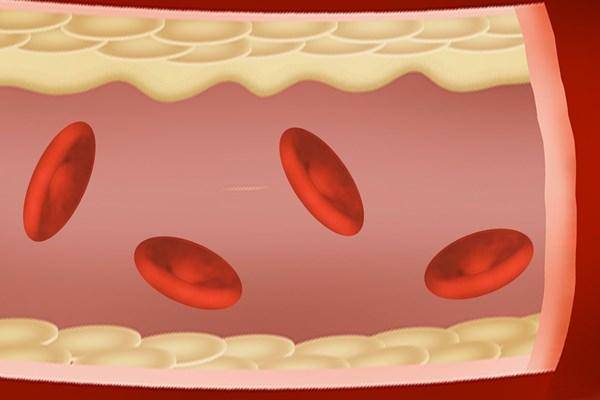Although people’s diets are becoming more and more diverse, sometimes incorrect eating habits can lead to health problems in our bodies, with our vascular tissues being particularly susceptible. When blood vessels become abnormal, atherosclerosis can often occur, and some severe patients may even experience strokes.
Especially for middle-aged and elderly individuals, due to declining bodily functions and lack of dietary attention, blood can become thick and flow slowly, making them prone to thrombosis, which can block our blood vessels. Therefore, we should pay attention to protecting our vascular health in daily life, eat more “natural cleansers” that promote vascular health, and avoid the harm of vascular blockages. What specific foods can help with this? Let’s find out together!
These foods are natural cleansers for blood vessels, so why not eat more of them
When it comes to corn, most people may think of it as a delicious food, but it is also a good helper for maintaining vascular health. Middle-aged and elderly individuals can consume corn appropriately, as it contains a high amount of unsaturated fatty acids. These fatty acids help reduce cholesterol and triglycerides in our bodies, thereby improving our vascular health.
In addition, consuming other coarse grains can also be beneficial, as they help promote the metabolism of fats and cholesterol. It is recommended to eat them more often, especially for individuals with high cholesterol levels, as these grains can help reduce impurities and cholesterol buildup in blood vessels, acting as vascular cleaners and softening the arteries. So, it’s a good idea to include these foods on the table more often.
People with poor vascular health are advised to consume tomatoes as they can promote blood circulation and dissolve blood stasis. The pectin in tomatoes can reduce harmful substances like cholesterol in blood vessels. The flavonoids in tomatoes can lower blood viscosity and prevent blood clots. Furthermore, the presence of lycopene in tomatoes can improve platelet aggregation, making our vascular tissues more elastic and reducing the risk of atherosclerosis. Lastly, the trace element rutin in tomatoes can enhance our body’s oxidative capacity, eliminate free radicals and impurities in blood vessels, thus helping prevent vascular-related diseases.
It is also beneficial to consume seaweed regularly for vascular health. The polysaccharides and fucoidan in seaweed can lower high levels of cholesterol and lipoproteins in our bodies and prevent atherosclerosis. Therefore, individuals with poor vascular health are encouraged to enjoy some seaweed in their diet. However, it’s advisable not to consume too much seaweed as it contains high levels of iodine, which can lead to thyroid diseases if consumed excessively.
Including black fungus in your diet can help soften blood vessels, promote the reduction of blood lipids, and prevent vascular-related diseases. Black fungus can also remove harmful substances from blood vessels and prevent blockages, including atherosclerosis. Therefore, it’s recommended to include black fungus in your meals. However, when consuming dried black fungus, it’s best to soak and consume it immediately to avoid the formation of harmful substances like aflatoxin, which can be toxic and even fatal if accidentally ingested after prolonged soaking.
To protect our blood vessels, it’s suggested to drink tea occasionally, especially after meals. Tea can help with digestion, alleviate oral odors, and contribute to vascular health. The catechins in tea have antioxidant properties that lower blood lipids, reduce blood viscosity, promote blood circulation in the body, and prevent atherosclerosis. Therefore, it’s beneficial to incorporate tea into your daily routine to safeguard your cardiovascular health.


